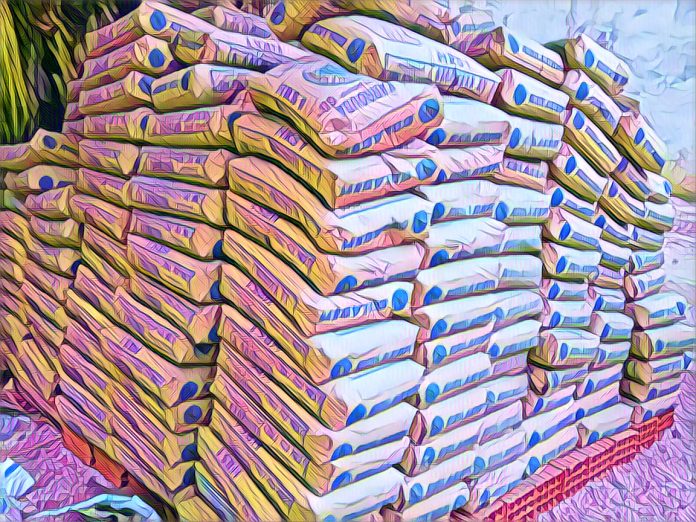Nigeria’s cement industry is witnessing fierce competition among the major players as they try to increase their market share by reducing prices. The price war was triggered by BUA Cement, which announced a significant cut in its ex-factory price from N5,500 to N3,500 per bag, citing the need to spur development in the country’s building materials and infrastructural sectors.
The move has put pressure on other cement makers, such as Dangote Cement and Lafarge Africa, which are now faced with a dilemma of whether to follow suit or maintain their current prices. According to analysts, a pricing war could hurt the profitability and margins of the industry, which is already grappling with high energy costs and low demand due to the economic downturn caused by the COVID-19 pandemic.
However, BUA Cement defended its decision, saying it was necessary to increase its local penetration and compensate for the loss of market opportunities in neighboring countries such as Niger and Burkina Faso, where it used to export its products. The company also said it was investing in new plants and expanding its capacity to meet the growing demand for cement in Nigeria and beyond.
Dangote Cement, the market leader with a 60% share, has not yet responded to BUA’s price cut, but it has been increasing its capacity and issuing bonds and commercial papers to finance its domestic and regional expansion projects. The company also boasts of having a strategic advantage in terms of production and logistics costs, as its plants are located close to large limestone deposits and transportation hubs.
Lafarge Africa, which holds a 19.5% market share, has been focusing on improving its efficiency and reducing its debt rather than engaging in a price war. The company has also optimized its existing plants and leveraged its vast distribution network to reach multiple markets.
Apart from the big three, new entrants and smaller players are trying to carve out a niche in the cement industry, which is expected to grow by 3.2% annually to reach US$3,425.4 million in 2023. Some of these include Mangal Industries, Mandugu Cement, IBETO Group, and Madewell Cement Factory, which are planning or building new plants with varying capacities.
The cement industry is a key sector contributing to Nigeria’s economic development and diversification. It also plays a vital role in providing affordable and quality housing and infrastructure for the growing population. Despite the challenges posed by the pandemic and the competition, the industry players are optimistic that they can overcome them and deliver value to their customers and stakeholders.
Source: BusinessDay



